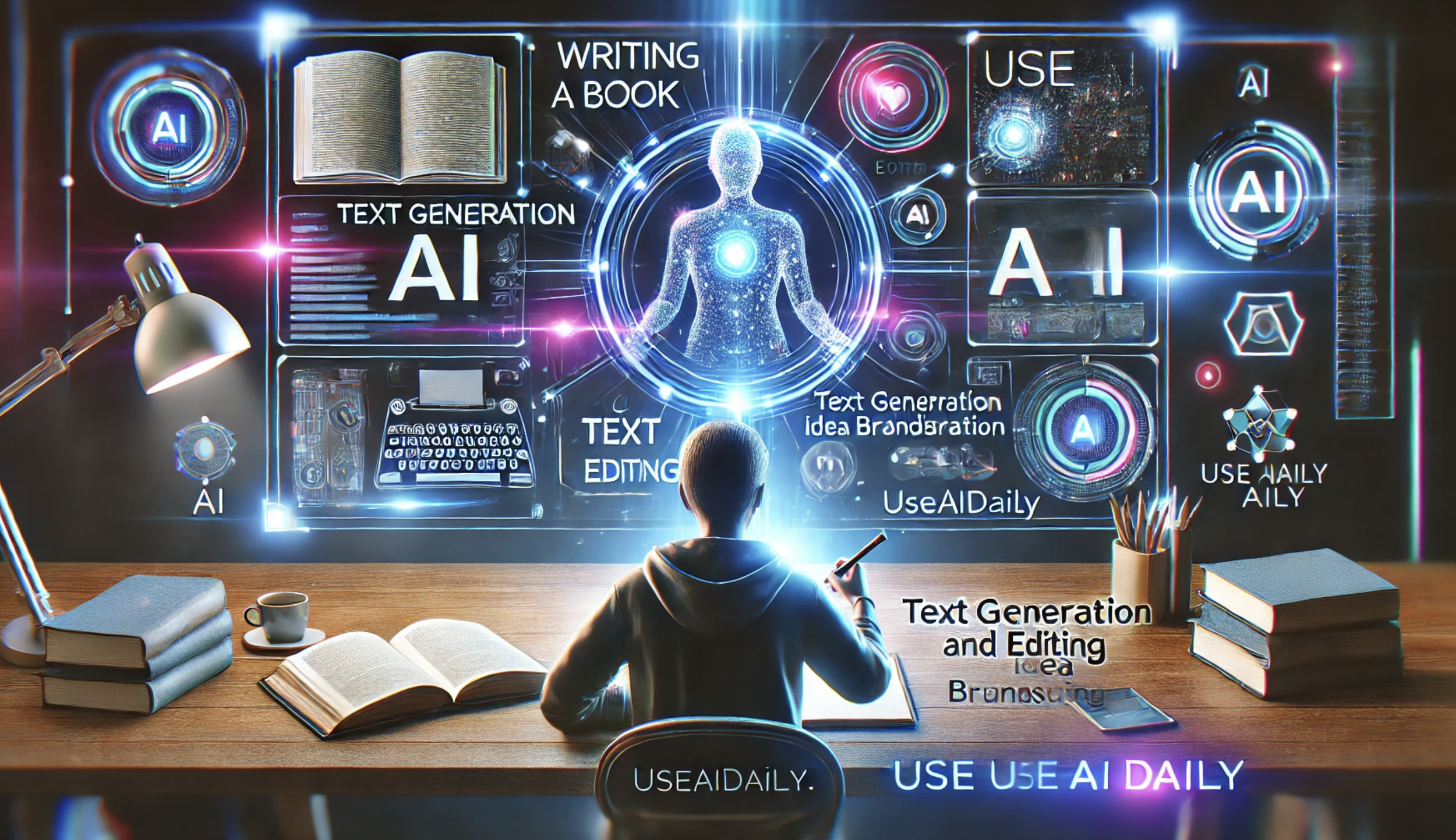Artificial Intelligence (AI) is revolutionizing the world of writing, providing writers with powerful tools to create, edit, and distribute content more efficiently. From novelists and journalists to copywriters and poets, understanding the opportunities AI offers can help writers enhance their craft and adapt to a rapidly evolving creative landscape.
How Can Writers Use AI?
AI in writing involves using natural language processing (NLP) and machine learning models to generate, assist, or optimize written content. These technologies can streamline the writing process, offer inspiration, and help maintain consistency across various writing tasks.
Key Opportunities in AI for Writers
Content Generation and Brainstorming
AI tools like ChatGPT, Jasper, and Sudowrite can help writers overcome writer’s block by generating content ideas, expanding outlines, or suggesting plot twists. These tools act as creative collaborators, sparking inspiration when the imagination stalls.
Editing and Proofreading
AI-powered platforms such as Grammarly and ProWritingAid offer real-time grammar, spelling, and style suggestions. They help writers maintain a polished, professional tone and reduce the time spent on revisions.
Language Translation and Localization
AI makes it easier for writers to reach global audiences through accurate language translation tools. These systems can adapt content to different cultural and linguistic contexts, helping writers localize their stories or marketing materials.
Personalized Content
Marketers and copywriters can use AI to create personalized messages for different audiences. Tools can analyze reader behavior and suggest tailored content, improving engagement and conversion rates.
Writing for SEO and Optimization
AI-driven platforms like Clearscope and Surfer SEO help writers optimize content for search engines by recommending keywords, headings, and structure. This ensures content ranks well while maintaining natural readability.
Script and Dialogue Generation
For screenwriters and game writers, AI can assist in generating dialogue or simulating character interactions. This allows creators to quickly test scenes and explore different narrative directions.
Accessibility and Inclusivity
AI tools can help writers make content more accessible, such as simplifying complex text for broader audiences or generating alternative formats like audio. This ensures their work can reach and resonate with more people.
Considerations When Using AI in Writing
While AI can boost productivity and creativity, writers should keep in mind:
- Preserving Voice and Authenticity: Use AI as a helper, not a substitute. The writer’s unique voice and perspective should always shine through.
- Fact-Checking is Crucial: AI-generated content may contain inaccuracies. Always verify information before publishing.
- Ethical Use: Be transparent when AI has contributed significantly to the content. Avoid passing off AI work as purely human.
Conclusion
AI presents exciting new opportunities for writers, from speeding up the creative process to enhancing the quality and reach of their work. By integrating AI thoughtfully and responsibly, writers can expand their creative toolkit while staying true to their voice. As AI continues to evolve, those who embrace its potential will find themselves at the forefront of a new era in storytelling and communication.







Leave feedback about this